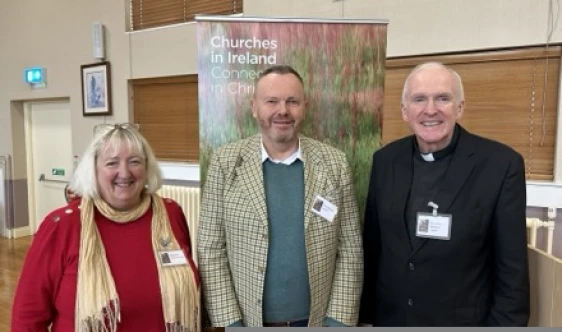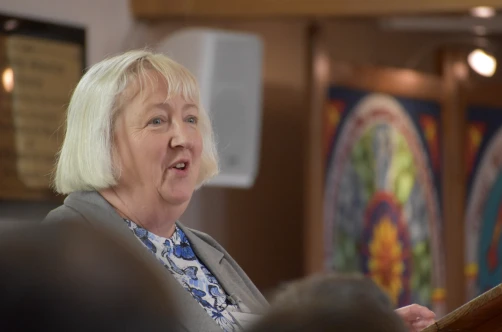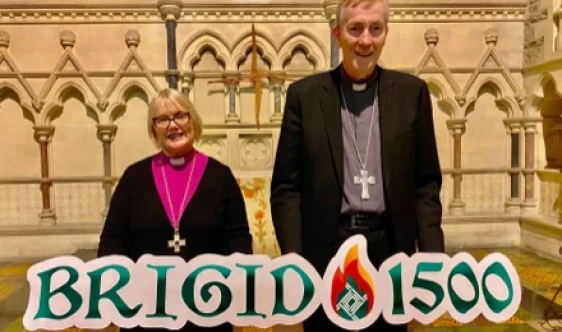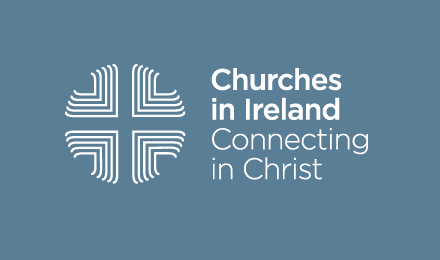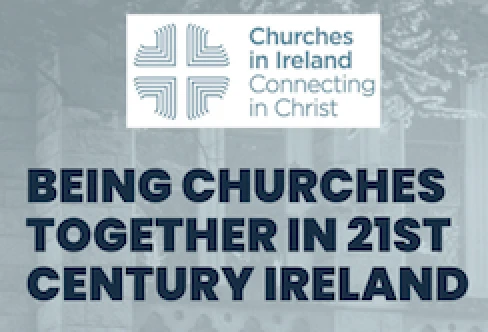
ICC General Secretary, Dr Nicola Brady, shares about the importance of starting with oneself when it comes to responding to Climate Change.
“We undertake to respond creatively and courageously, beginning with ourselves, by adapting the ways we use our spaces, how we behave, and the way we speak about climate change.”
Climate breakdown is the leadership challenge of our time. In the face of mounting evidence about the consequences of climate breakdown — not only in the future, but in the present — there is increasing public awareness of the need for action, yet apathy and resistance to change continue to hinder efforts to transition to a more just and sustainable way of living.
In many respects what is required of church communities is no different from what is needed across all sectors of society, namely:
- Facing up to the reality of climate breakdown and acknowledging the consequences of our choices for the future of the planet and for the current challenges facing vulnerable communities around the world;
- An honest assessment of our contribution to this problem, identifying the changes that need to take place;
- A commitment to action supported by a plan for a transition to a more just and sustainable lifestyle.
The member churches of the Irish Inter–Church Meeting have identified climate justice as a priority concern for the coming years, and the positive engagement with our work to date indicates that, in spite of the challenges, our local church communities are acutely aware of their responsibilities and are keen to play their part in bringing about change.
Strong leadership is based on a clear statement of purpose. For this reason we took as our starting point a set of affirmations that outline our understanding of this issue, informed by our Christian faith, and the call to action that flows from that understanding.
The most effective interventions build on existing resources. For Christians, Scripture provides a framework for confronting painful realities about our failings, and need for change, in a context of faith and hope. This allows us to frame the conversation about climate justice in terms of discipleship and the common good, rather than taking a negative approach, based on shame, which can all too easily disintegrate into a blame–game that alienates and divides.
In a world where solidarity is increasingly undermined by appeals towards isolationist approaches that favour short–term comfort for the few over long–term security for all, churches have a powerful message about the fraternal bonds of our shared humanity and, through our global church networks and the work of agencies such as Christian Aid and Trócaire, we are connected to vulnerable communities around the world. We have a responsibility to share the stories of those who are struggling to survive as a consequence of our failure to change.
Being intentional about our climate justice work, sign–posting in our churches what we are doing, and why we are doing it, increases the visibility and the profile of the work and can help inspire others to take action. Sharing of best practice and learning is particularly valuable because so many individuals and communities are looking for that place to start that will generate positive momentum for change.
While this work will necessarily begin with ourselves, the vision needs to extend beyond the church into the wider community. We don’t have all the answers ourselves and so a community dialogue based approach is vital, drawing on expertise in other sectors of society and working collaboratively to identify the particular challenges and opportunities of our local context, being conscious that the changes required to move us to a more sustainable way of living will impact some more than others, and that vulnerable groups will require protection.
This is a long–term commitment. It may be helpful to examine the church calendar to identify a range of opportunities throughout the year when we can draw attention to particular aspects of the work and provide space for reflection about the impact of our efforts.
As churches we have a responsibility to journey alongside our communities, providing pastoral support, especially at difficult times. At the same time, churches are called to be a prophetic voice challenging the community to examine the ways in which our actions fall short of our Christian values. These responsibilities are interwoven in our response to climate breakdown. On the one hand, there is a need to face the reality that the way we are living is not sustainable and is already having a devastating impact on communities around the world. At the same time, it is important to create a safe space where people can share their fears and concerns about how these changes will impact them and their communities as we seek to work together for a just transition to a more sustainable way of living.
